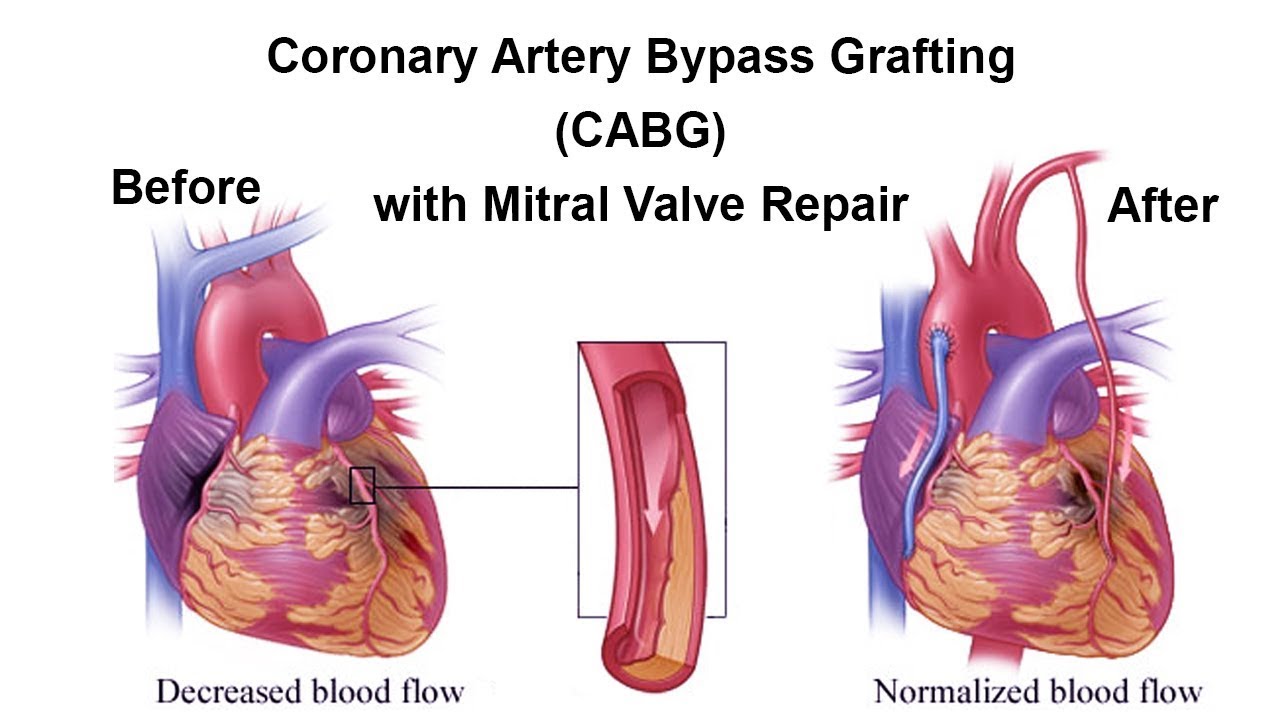Dr. Rahul Kaiche - Coronary Artery Bypass Grafting in Nashik
Dr. Rahul Kaiche has performed multiple Coronary Artery Bypass Grafting in Nashik also known as Bypass Surgery in Nashik. He has an extensive experience in treating both pediatric and adult cardiac cases for heart-related conditions like – Bypass surgery, minimally invasive surgery, valve repair and replacement, heart failure management, adult congenital heart diseases and defibrillator implants.
Dr. Rahul. K specializes in treating all cardiac diseases with his vast knowledge and expertise in the same. He cares for his each and every patient and not only treats them but also suggests them a lifestyle modification, which is not beneficiary for their heart but also for their overall health. These habits consist of eating a balanced diet, along with some physical activity which would allow them to maintain their optimum health. He also advises his patients to avoid any such activities or habits that are not good for their heart. As he rather than being a bigger Cardiac Surgeon, tries to become the one performing precise heart surgery.
Coronary Artery Bypass Grafting
Coronary artery bypass grafting is a surgical procedure that diverts the flow of blood around the area of a blocked or partially blocked artery in your heart. It allows to create a new pathway for the flow of blood to your heart muscle with the help of coronary bypass surgery.
During coronary bypass surgery a healthy blood vessel is taken from your leg, arm, or chest and connected to the other arteries in your heart so that blood flow is continuous but is diverted through blocked area.
Post coronary bypass surgery, it has been observed that there is a significant improvement in symptoms such as chest pain and shortness of breath due to poor blood flow to the heart. For some people, coronary bypass surgery may improve heart function and reduce the risk of death due to heart disease.

How to Prepare
Before surgery, your doctor will ask to get a few examinations done like blood tests, chest X-rays, and an electrocardiogram (ECG). Your doctor may also ask you an X-ray procedure called a coronary angiogram. In this procedure a special dye is used which is injected in your blood which flows through the heart, this allows us to identify if there are any blockages or damage caused to the heart. On the basis of this procedure we can also understand the percentage of blockage in a particular artery of the heart, on basis of which further course of action can be decided.
Your doctor may also suggest you a few changes in your diet and lifestyle habit and also in medications, pre and post surgery. It is advised to the patient to tell his doctor about any vitamins and supplements he takes, even if they are natural, as it may affect your risk of bleeding.
You will also have to consider about post surgery recovery.
